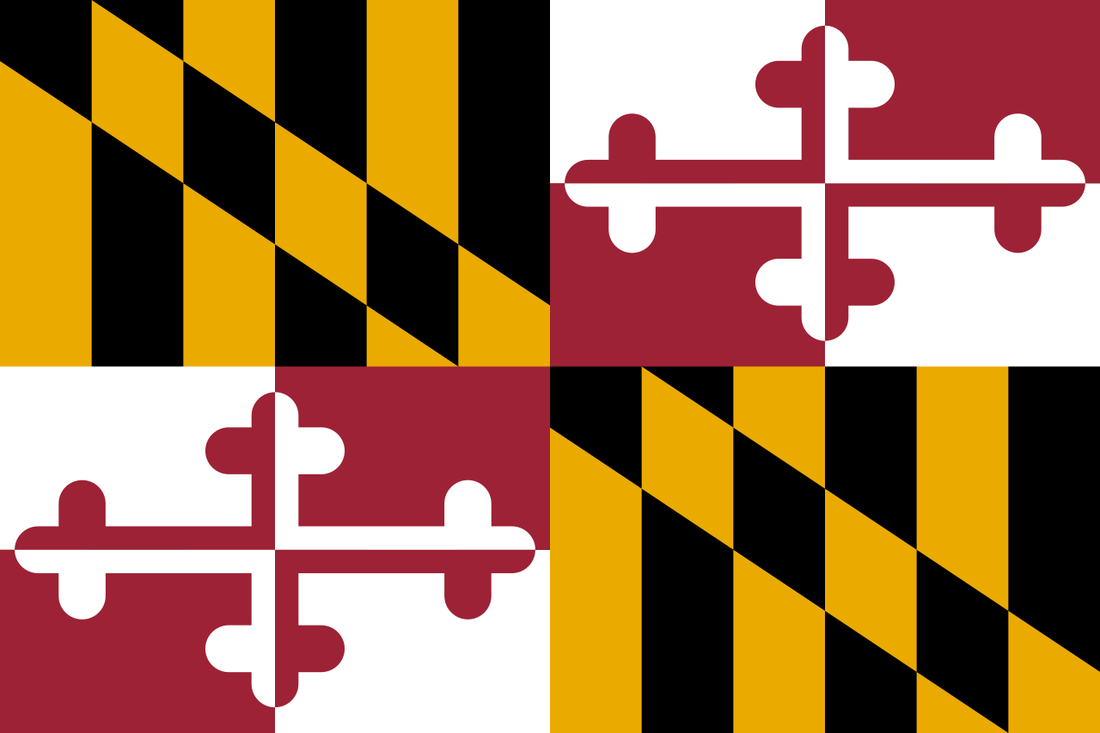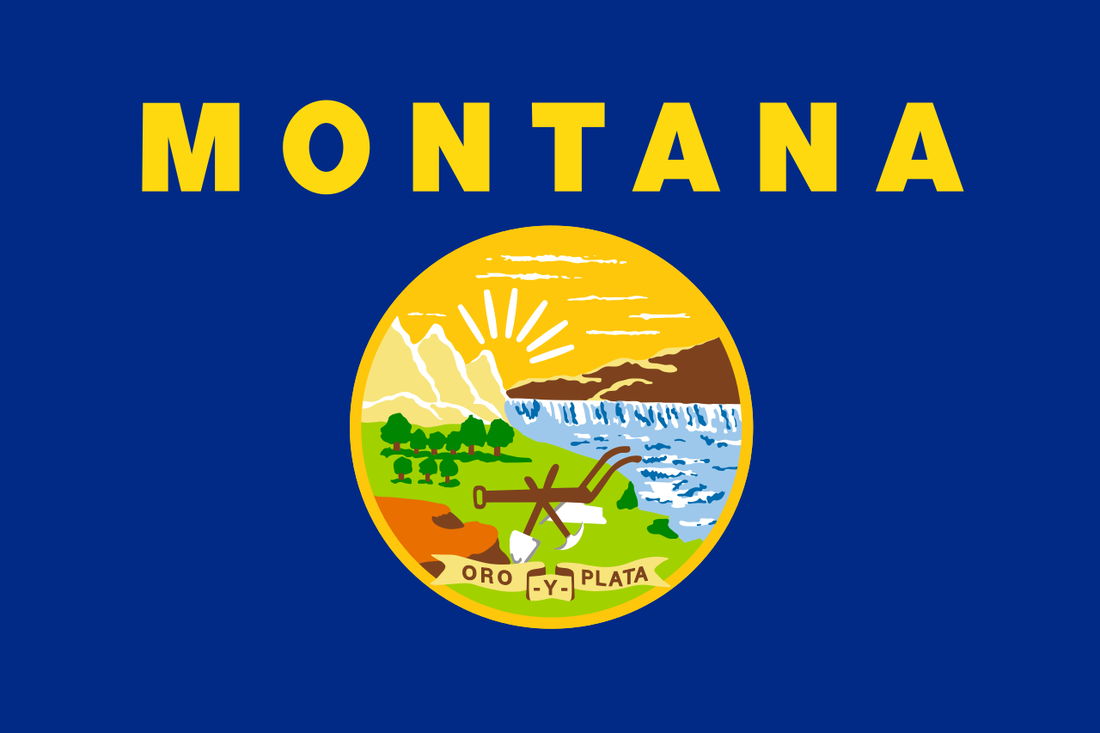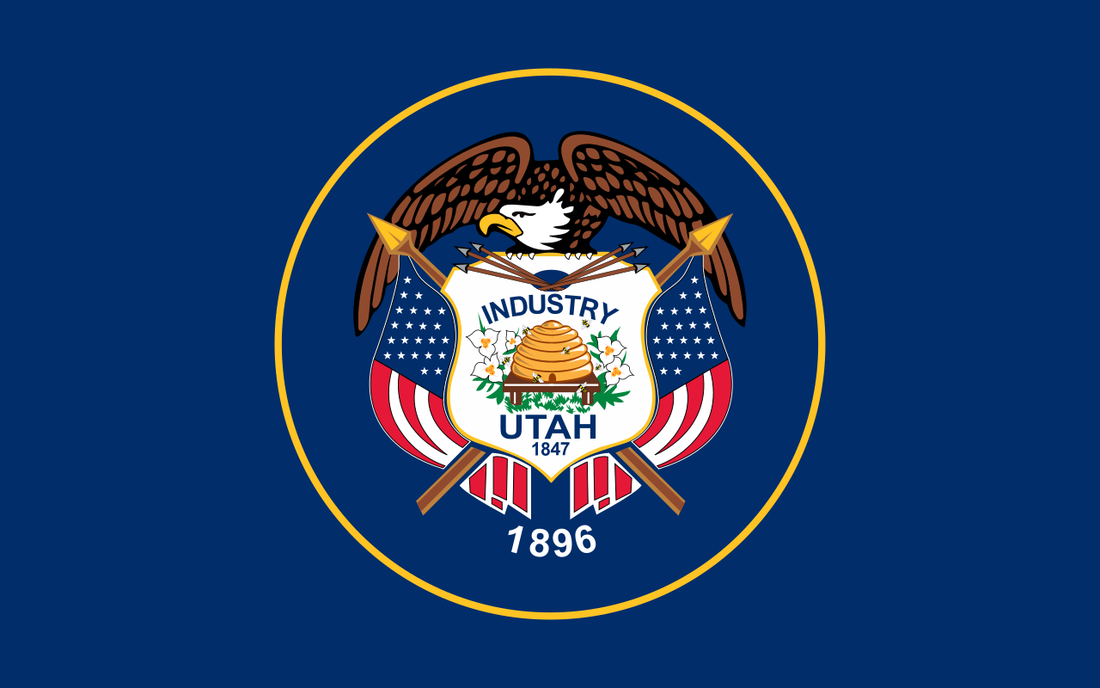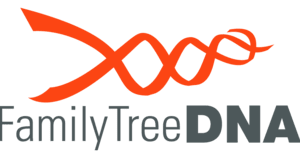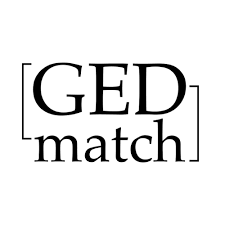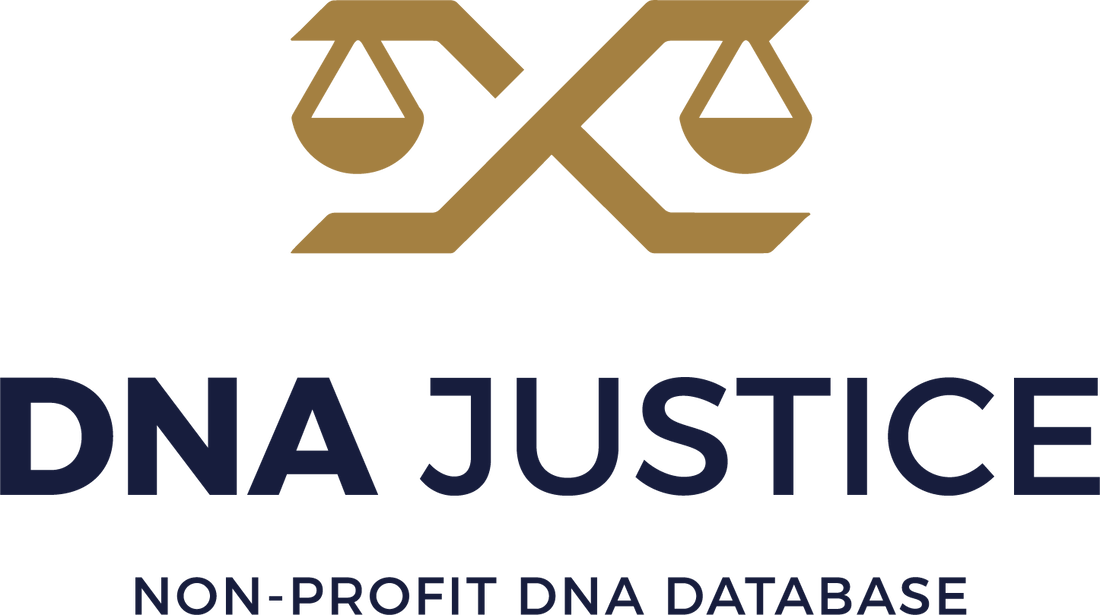Included below is a partial list of resources related to regulations, standards and education within the field of IGG. If there are resources missing which should be included, please email us at [email protected].
Guidelines and Standards
Several guidelines and position papers covering the use of IGG have been published by various entities which provide some excellent guidance and recommendations within specific jurisdictions. They are a great foundation to work from, and IGGAB has incorporated those which are specific to the work of IGGs, as well as additional standards and best practices, into the published Standards and Code of Ethics.
|
DOJ Guidelines
The Department of Justice published an interim policy on Forensic Genetic Genealogical DNA Analysis and Searching in November 2019, which applies to specific IGG/FGG investigations and includes many guidelines on the use of this investigative tool. |
|
SWGDAM Overview of Investigative Genetic Genealogy
The Scientific Working Group on DNA Analysis Methods (SWGDAM) published a document in February 2020, which describes the IGG technique and identifies issues and considerations for the use of IGG in law enforcement investigations. |
|
Sacramento DA MOU
The Sacramento County District Attorney's Office issued a Memorandum of Understanding (MOU) for Investigative Genetic Genealogy Searching which covers the use of IGG within their jurisdiction. |
|
ASCLD position paper
The American Society of Crime Lab Directors issued a position paper in October 2019 which supports the responsible use of Investigative Genetic Genealogy to produce investigative leads. |
Legislation
Several US states have passed legislation regulating some aspects of the use of Investigative Genetic Genealogy within their jurisdiction. IGGAB is aware of even more US states considering legislation as well, and will continue to post information as it changes.
|
Maryland's law, with an effective date of Oct 1, 2021, requires investigators to get a signoff by a judge before using IGG. It also dictates that the technique is only used for serious crimes and provides guidelines for the use of reference testers. Lastly, it requires that both the private labs creating the SNP DNA profiles as well as that those performing the IGG work are licensed by the state of Maryland.
An additional law, effective date Oct 1, 2024, was signed into law on May 16, 2024, which establishes that when IGG is used solely for the purpose of identifying a deceased or missing individual, the process is exempt from the prior statutory provisions (above). Montana law - signed into law May 7, 2021. Montana's law requires that investigators obtain a search warrant before using a consumer DNA database, unless the consumer has waived the right to privacy.
Utah Law - known as "The Sherry Black Bill", signed into law May 17, 2023. The law establishes minimum requirements that a law enforcement agency must meet before utilizing Investigative Genetic Genealogy, and provides limitations on arrests or charges. Additionally, it establishes annual reporting requirements for the use of IGG and creates provisions for post-conviction relief involving IGG.
|
Educational Resources
IGGAB does not currently endorse or promote any specific educational programs, but hopes to provide optional resources for both fundamentals and advanced learning within the field of Investigative Genetic Genealogy in the future.
DNA Database Policies
|
FTDNA - Terms of Service
FamilyTreeDNA (a d/b/a for Gene by Gene, Ltd) terms of service, including links to all of the FTDNA policies. |
|
GEDmatch - Terms of Service and Privacy Policy
GEDmatch (operated by Verogen, a subsidiary of Qiagen) terms of service and privacy policy for public users of the database. GEDmatch PRO™ - Terms of Use and Privacy Policy GEDmatch PRO™ is the dedicated portal designed to support those authorized to upload law enforcement kits and perform investigative genetic genealogy. |
|
DNA Justice - Terms of Service
This newest database is the first and only not-for-profit option which is authorized for Investigative Genetic Genealogy. Their terms of service and privacy policy reflect a commitment to transparency and informed consent for members of the public who choose to upload their information to the database. |
Relevant Publications
Several papers have been published on the topic of regulating the work of IGG, some of which are included below. If there are others which deserve to be included, please notify us at [email protected].
"National Technology Validation and Implementation Collaborative (NTVIC): Guidelines for establishing Forensic Investigative Genetic Genealogy (FIGG) programs" Forensic Science International: Synergy, Volume 7, 2023.100446 Ray A. Wickenheiser, Jennifer Naugle, Brian Hoey, Rylene Nowlin, Swathi A. Kumar, Mark A. Kubinski, Claire Glynn, Raymond Valerio, Lance Allen, Stephanie Stoiloff, Jennifer Kochanski, Christi Guerrini, Anne Marie Schubert
"Investigative Genetic Genealogy and The First Amendment Right to Noninterference With Receipt" First Amendment Law Review, Volume 21, Issue 1, 2023. David Gurney
"The Need for Standards and Certification for Investigative Genetic Genealogy, and a Notice of Action" Forensic Science International, Volume 341, 2022, ISSN 0379-0738
D. Gurney, M. Press, C. Moore, C. Rolnick, A. Hochreiter, B. Bossert
D. Gurney, M. Press, C. Moore, C. Rolnick, A. Hochreiter, B. Bossert
"An International Consideration of a Standards-Based Approach to Forensic Genetic Genealogy" Forensic Science International: Genetics Supplement Series, Volume 7, Issue 1, 2019, pages 512-514, ISSN 1875-1768
N. Scudder, J. Robertson, S. Kelty, S. Walsh, D. McNevin
N. Scudder, J. Robertson, S. Kelty, S. Walsh, D. McNevin
"Regulating Forensic Genetic Genealogy - Maryland ’s new law provides a model for others" SCIENCE, 23 Sep 2021, Vol 373, Issue 6562, pp. 1444-1446, DOI: 10.1126/science.abj5724
Natalie Ram, Erin E Murphy, Sonia M Suter
Natalie Ram, Erin E Murphy, Sonia M Suter
IGGAB is a tax-exempt 501(c)3 non-profit - EIN: 92-1559358





